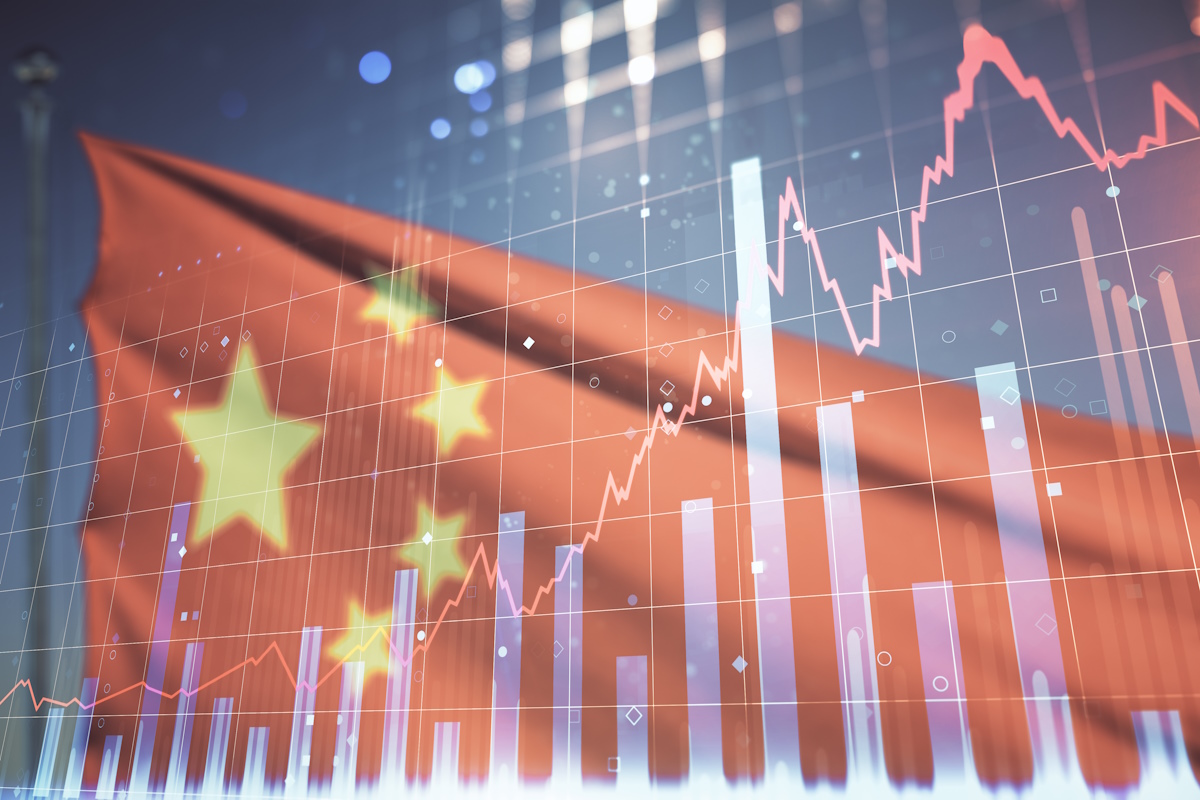China’s equity market has experienced a turnaround following a challenging beginning of the year. In April, Chinese equities emerged as some of the world’s top performers. The Hang Seng Index soared 7.4% over the month, while the MSCI China Index climbed 7%. Several asset managers see this recent rally as a promising opportunity for investors, with a series of favourable factors fuelling the market’s resurgence.
Brendan Ahern, chief investment officer at KraneShares, highlighted the government support as a catalyst. “China’s government is buying Mainland stocks to stabilise the domestic stock market and influence stock market indices,” Ahern said.
“Mainland China lacks market circuit breakers, which are temporary measures that halt trading to curb automatic selling on stock exchanges. These circuit breakers are common in many developed markets, including the US. Since China does not have a circuit breaker, during periods of volatility, government-related entities will act as buyers of last resort. In the past, government buying was done discretely without much publicity, this time China is being much more public with its stock purchases,” he explained in a recent insight.
Franklin Templeton sees positive developments in the real estate sector as an additional catalyst. “A Chinese property developer announced an agreement with its bondholders to restructure its overseas debt. In addition, Chinese authorities have been easing home purchase restrictions (these restrict buyers to purchases in their home province and/or limit the purchase of a second property) and lowering mortgage interest rate floor limits,” a report said.
Allianz Global Investors (AllianzGI) highlight the Q1 results season as a reassuring factor. “While top-line growth has generally been as muted as expected, tighter control of costs has fed through into improved bottom-line profitability,” their latest China Briefing said.
“Alongside the improved earnings picture has been a notable increase in dividend payouts. The dividend hikes have, to an extent, been spurred by a recent regulatory push, but from a fundamental perspective, there certainly appears to be room to increase dividends,” AllianzGI added.
Also, the “9 Key Points” reform issued in April to improve China’s capital markets, focusing on controlling IPO supply, encouraging dividends, and enhancing corporate governance, is seen as a favourable new policy.
However, there are also critical voices. Morgan Stanley analysts advise investors to exercise caution, saying the recent gains in Chinese stocks will probably wane.
Analysts at the US investment bank said in a report, “We see near-term technical overbought signals, which could deter further buying by global quant funds.”
“Consumption and the housing market likely need more time to pick up, implying ongoing pressure on deflation and corporate earnings,” they added.
Morgan Stanley opined that for the recent rally to be sustained, it needs domestic fundamentals, particularly earnings, to improve.










 Australia
Australia China
China India
India Indonesia
Indonesia Japan
Japan Malaysia
Malaysia Philippines
Philippines Singapore
Singapore South Korea
South Korea Taiwan
Taiwan Thailand
Thailand Vietnam
Vietnam
 Germany
Germany Hong Kong
Hong Kong USA
USA Switzerland
Switzerland Singapore
Singapore United Kingdom
United Kingdom







